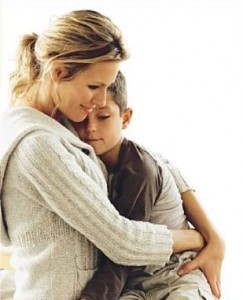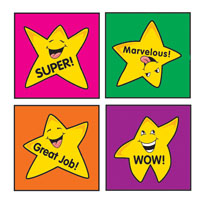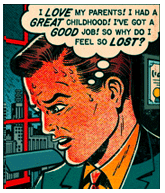 The more respected your teens feel, the more open they will be with you. The more power you share with them (without abdicating your role as a parent), the more trusted they will feel and in time, the more cooperative.
The more respected your teens feel, the more open they will be with you. The more power you share with them (without abdicating your role as a parent), the more trusted they will feel and in time, the more cooperative.
Parental coercion invites resistance. Rigid parental rules invite the breaking of those rules. How then, ask parents so often, do we get our teens “to behave”?

 There is no need to cheer, clap and comment on everything your child does. When we consistently rescue, fix and overprotect our children, we rob them of the opportunity to learn from their mistakes, as well as to know that they can survive disappointment.
There is no need to cheer, clap and comment on everything your child does. When we consistently rescue, fix and overprotect our children, we rob them of the opportunity to learn from their mistakes, as well as to know that they can survive disappointment. “Encourage the deed [or effort], not the doer.” — Rudolf Dreikurs, psychiatrist/educator, (1897-1972)
“Encourage the deed [or effort], not the doer.” — Rudolf Dreikurs, psychiatrist/educator, (1897-1972)